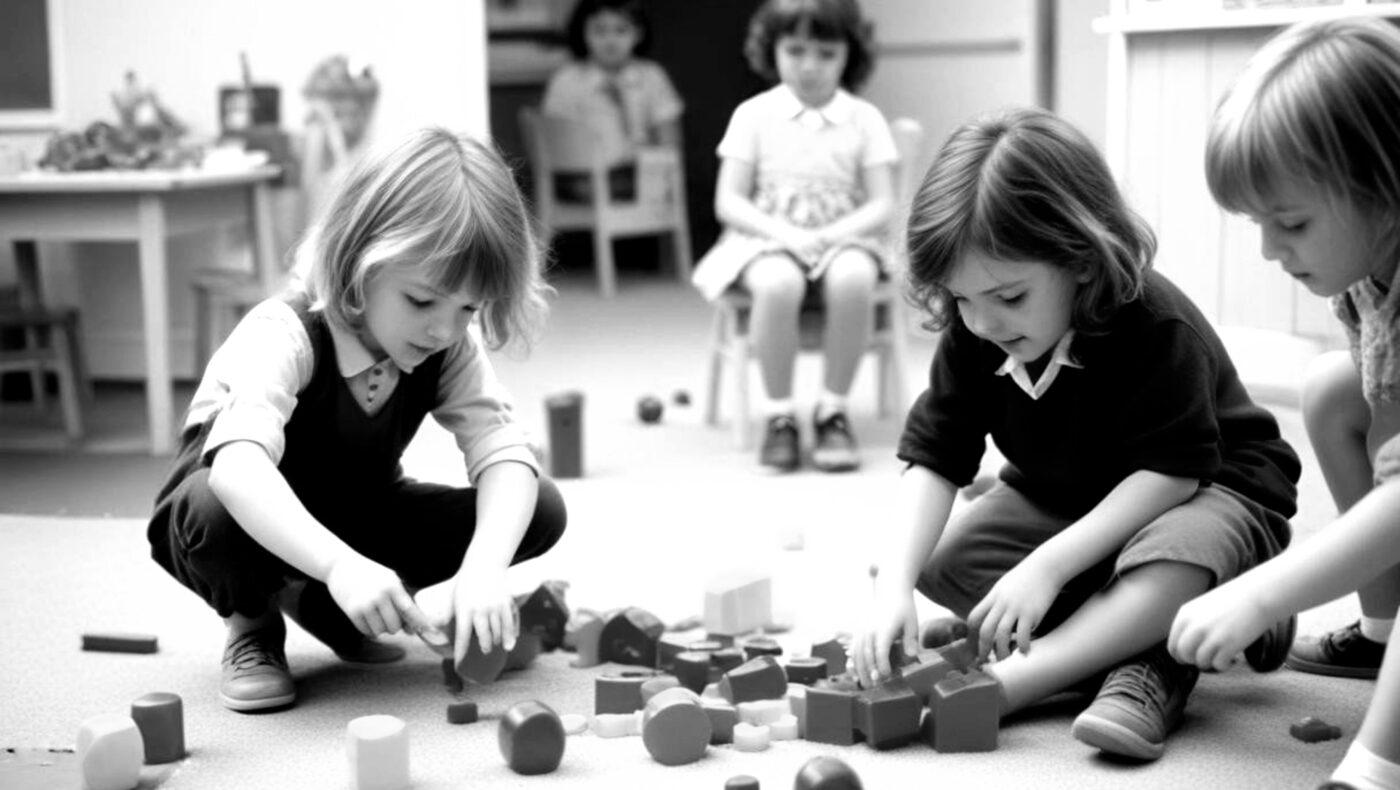The Hidden Benefits of Daycare for Busy Parents
Introduction
Rahul, a working father in Noida, often found himself struggling to focus in meetings, constantly worrying about his child’s care. He is not alone—many working parents face this challenge daily. In India, the number of dual-income households is steadily increasing, making reliable childcare solutions more important than ever. The hidden benefits of daycare for busy parents are often overlooked, as some parents hesitate to enroll their children, fearing they might miss out on milestones or that their little ones may feel neglected.
But is daycare just about babysitting? Not really. In fact, it offers a wealth of benefits for both children and parents. This blog explores the hidden benefits of daycare for busy parents, particularly for those juggling multiple responsibilities. Choosing the right facility, such as a daycare in Noida, can make life easier and more manageable for working families.
The Changing Dynamics of Modern Parenting
Why More Parents Are Choosing Daycare
Over the years, family structures in India have evolved. Unlike earlier times when joint families were common, modern urban life has led to a rise in nuclear families. As a result, fewer in-home caregivers are available, making professional daycare services an essential support system. Additionally, with more parents pursuing careers, the demand for quality childcare solutions has significantly increased.
Furthermore, there is growing awareness regarding the importance of early childhood education. Many parents now recognize that structured learning environments help in cognitive and social development, making daycare a valuable choice.
How Daycare Enhances Child Development
More Than Just Babysitting
A high-quality daycare program does much more than keep children occupied. It actively contributes to their overall growth by fostering:
- Social Skills: Through interaction with peers, children learn teamwork, communication, and empathy.
- Cognitive Development: Engaging activities help sharpen problem-solving abilities and critical thinking skills.
- Emotional Growth: Being in daycare teaches children independence and resilience, making them more adaptable to new environments.
- Smooth School Transition: Children accustomed to structured daycare settings adjust better to formal schooling, reducing separation anxiety and improving focus.
Thus, enrolling your child in a daycare in Noida isn’t just about convenience—it’s about providing them with an early advantage in life.
The Stress-Relief Factor for Parents
How Daycare Eases Parental Burnout
For working parents, balancing career demands with childcare responsibilities can be overwhelming. Fortunately, daycare offers relief in several ways:
- Reliable Routine: With a structured schedule, parents can plan their workdays effectively without last-minute childcare concerns.
- Reduced Parental Guilt: Knowing that their child is in a safe and nurturing environment helps parents focus better at work.
- Better Work-Life Balance: When parents have dedicated work hours, they can spend quality time with their children later, fostering stronger family bonds.
Ultimately, a daycare in Noida can provide parents with peace of mind, allowing them to manage their responsibilities without constant stress.
Professional Care vs. Home Care: What’s Better for Kids?
Debunking Myths About Daycare
Some parents assume that home care is better than daycare, but this is not always the case. In fact, professional daycare has several advantages:
- Trained Caregivers: Unlike informal home care, daycare centers employ trained professionals who understand child psychology and development.
- Peer Interaction: Children learn valuable social skills through guided play and structured group activities.
- Diverse Experiences: Exposure to different activities, people, and routines enhances adaptability and creativity.
Thus, opting for a daycare in Noida can be a more enriching experience for children than isolated home care.
The Role of Daycare in Building Parental Networks
Finding a Community Through Daycare
Beyond childcare, daycare centers also serve as a hub for parents to connect and support each other. Many centers organize parent support groups, playdates, and interactive sessions, fostering a sense of community. By engaging with other parents, individuals can gain valuable insights, share parenting tips, and even form lasting friendships.
Financial Benefits: Daycare as an Investment
How Quality Daycare Pays Off
While daycare may seem like an added expense, it often proves to be a wise investment. Some financial advantages include:
- Career Continuity: With reliable childcare, parents (especially mothers) can continue their careers without prolonged gaps.
- Reduced Need for Additional Programs: Many daycare centers integrate early learning activities, reducing the need for expensive private tutors.
- Long-Term Educational Benefits: A well-rounded daycare experience helps children develop essential skills, ensuring they are well-prepared for formal education.
Choosing a reputed daycare in Noida ensures that both parents and children benefit in the long run.
Choosing the Right Daycare for Your Child
Key Factors to Consider
When selecting a daycare, parents should evaluate the following aspects:
- Qualified Staff & Safety Measures: Ensure the center has trained caregivers and stringent safety protocols.
- Curriculum & Hygiene: A structured learning approach and a clean environment are crucial for child development and health.
- Convenient Location: A daycare close to home or work simplifies drop-offs and pick-ups.
- Reputation & Parent Reviews: Feedback from other parents provides valuable insights into the daycare’s reliability and quality.
Taking the time to research and visit different facilities can help you choose the best daycare in Noida for your child.
Conclusion
Many parents hesitate when considering daycare, but the reality is that it offers numerous benefits. From child development to stress relief for parents, daycare is more than just a convenience—it is an investment in your child’s future. By choosing a high-quality daycare in Noida, parents can ensure that their children receive the best possible care while maintaining a balanced and fulfilling professional life.
What’s your biggest challenge as a working parent? Share your experiences in the comments below!
Looking for a Daycare for your child in Noida? Click here to Contact Us
Looking for a Play School for your child in Noida? visit our official playschool website at www.littlescholarnoida.in






